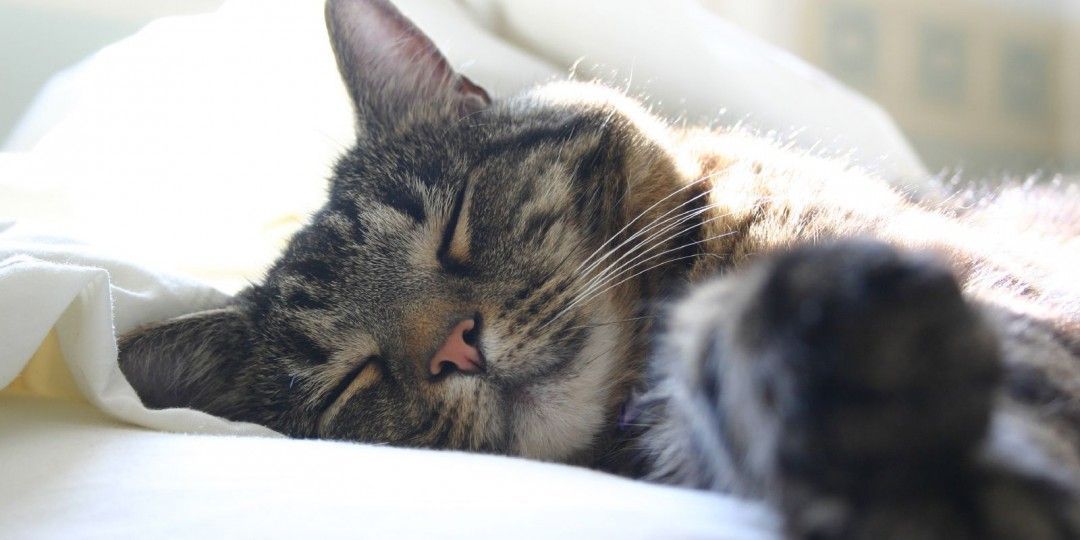Have you ever had the feeling that your brain is in "crisis mode"? The time when you're trying to calm down, but none of your usual ways of dealing with stress are working. In fact, it's possible that you can't think at all. So, what do you do? Science says that there is hope!
Have you ever had the feeling that your brain is in "crisis mode"? The time when you're trying to calm down, but none of your usual ways of dealing with stress are working. In fact, it's possible that you can't think at all. So, what do you do? Science says that there is hope!
Scientists have known for a long time that whales, dolphins, and seals can stop their basic homeostatic reflexes from happening. These reflexes make sure that an organism works at its best so that it can live for long periods of time under water. Scientists didn't figure out that cold water has the same effect on people until a long time later. More research showed that drinking water makes the heart rate drop right away. Scientists called this the "mammalian diving response," or "diver's reflex," because it happens in mammals.
If you've ever felt the kinds of panic described above, you probably also had a racing heart, more sweat, trouble breathing, chest pain, and other symptoms. Your nervous system, which is an automatic and reflexive system that helps us stay alive, is stuck on hyper-alert, which is why you are feeling these symptoms. This has taken you out of your comfort zone. When you feel anxious, it turns on the part of your nervous system called the sympathetic nervous system.
The parasympathetic nervous system works hand in hand with the sympathetic nervous system. People often call the parasympathetic nervous system the "rest and digest," "feed and breed," or "tend and make friends" system. The parasympathetic nervous system slows down sympathetic responses and keeps the body in a state of rest and healing. This is how these names came to be.
Scientists kept researching and studying to find out more about what happens during the diver's reflex. Studies have shown that the trigeminal nerves in the face are in charge of the diver's reflex. The vagus nerve gets a message when cold water hits the face. The vagus nerve controls the parasympathetic nervous system, connects the base of the brain to the rest of the body, and controls the heart rate and breathing, among other important functions. So, by triggering the diver's reflex, you can calm down a nervous system that is too excited.
When you trigger the diver's reflex, your heart rate drops by a lot and your peripheral vascular resistance goes up, which makes your blood flow change. Before you try this, you should talk to your doctor if you have a heart problem, a low heart rate because of medication, an eating disorder, or any other health problem.
Now, if you're reading this and thinking, "This is great!" and "Where the heck am I going to find a place to go diving every time I feel stressed?" I'm happy to tell you this! There is an easy, quick, and simple way to trick your body into turning off the diver's reflex.
First, you'll need a big bowl or you can use your sink. Next, fill it with cold water. For this method to work, the water must be below 50 degrees. But from my own experience, I've found that cold water works best! Next, put your face in the water for 30 seconds while you hold your breath. Pull your head out of the water and do it all over again. But if you can't do this or aren't comfortable being underwater, there are a few other ways to get the same effect.
Filling a Ziploc bag with ice, using a cold towel or frozen vegetables, splashing cold water on your face, rubbing cold water on your wrists, taking a cold shower, and swimming are all other ways to train your dive reflex.
Through our nervous systems, people are hard-wired to protect themselves. When this system thinks we are in danger, it goes into action to help us stay alive. But sometimes the "gas pedal" of our bodies gets stuck on the floor, and our brains "stall," making us more anxious and irritable. But if you stop the diver's reflex, you can go back to a state of rest, which will make you feel cooler both physically and emotionally.







